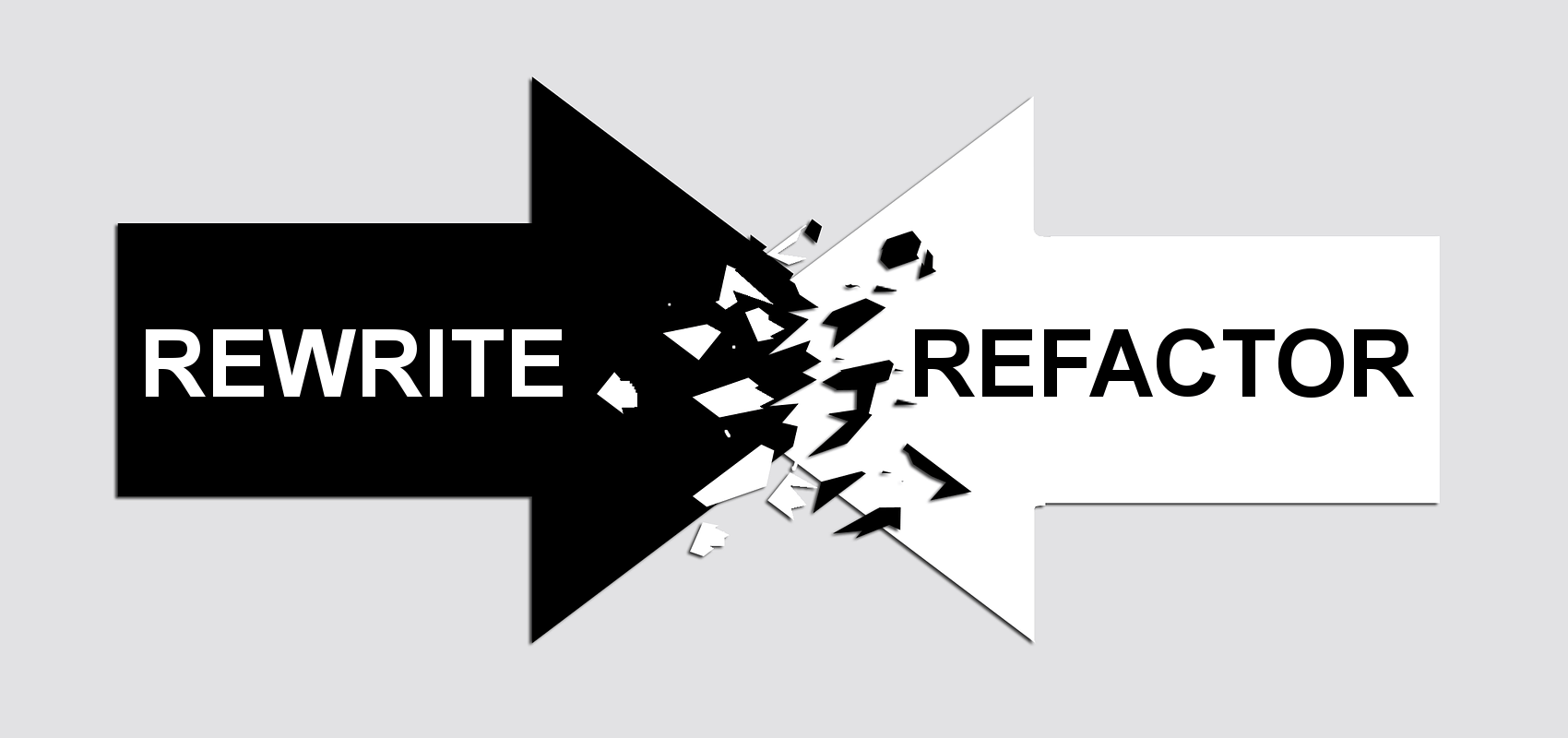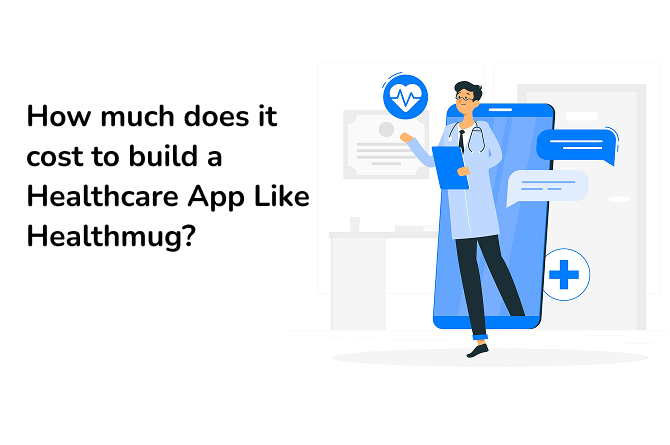The constant drive to improve on what we have is a basic instinct hardwired into human brains. Ever-changing technology is a perfect example of that drive we humans share.
This constant upgrade in technology also causes us to evolve with it.
For example, any legacy app you own was once the peak of software advancement but now it is outdated software not compatible with the existing technologies. As an app owner, you have to choose how you deal with a legacy app. You can decide whether Rewriting is the way or Refactoring.
Even the best app development company in the world has to make that decision. So we are here to guide you through this problem and help you reach your desired solution.
Let’s understand something clearly that Refactoring and Rewriting are not the same by any stretch of the imagination.
Table of Contents
ToggleApp Code Refactoring
Refactoring is making slight changes in the code structure of an app without disrupting its core functionalities.
In other words, when you choose to do refactoring routines on your legacy app you only need to make few crucial changes in the components of the legacy apps’ code to render enhanced readability through quality analysis and efficient debugging.
When to Choose Refactoring
For companies that require cloud apps.
When you need to enhance the quality of code.
To Improve Agility – When you want an improved architecture for your legacy app that is service-oriented with the main goal of improving business continuity. That is when you invest in the refactoring process of mobile applications with Android or IOS app development services.
App Code Rewriting
When your legacy application’s codebase becomes too old and outdated to be compatible with or match the quality standards of the present technology a time comes when you will decide to dispose of the app and start from scratch to recreate a better version, which is called App Rewriting.
Advantages of Rewriting
Huge Potential – There are no limitations on you from the previous structure of the app, You are starting from scratch and can implement innovative solutions that were not considered before. For example, A rewrite allows you to turn a very old windows desktop app into a web-based platform.
Easy Acquisition – In many cases, the team that created the legacy app is not available anymore, in such a case rewriting is beneficial as it allows the new team to work according to themselves without the hassle of solving old and messy lines of codes.
Challenges of Rewriting a Legacy App
Time-Consuming – Developing a new app from scratch will take a lot of time and your company like many others might not have the luxury of sparing that much time for legacy application troubles.
New App, New Issues – New necessarily doesn’t always mean better and it’s common among many applications that are rewritten to be free from old issues but have new ones.
There is no set rule to choose between Refactoring or Rewriting for your legacy app.
Depending on your aim for the project and various factors like real-time features, shifts in architecture, cost of maintenance, your in-house team, and current trends you will need to choose either.
























